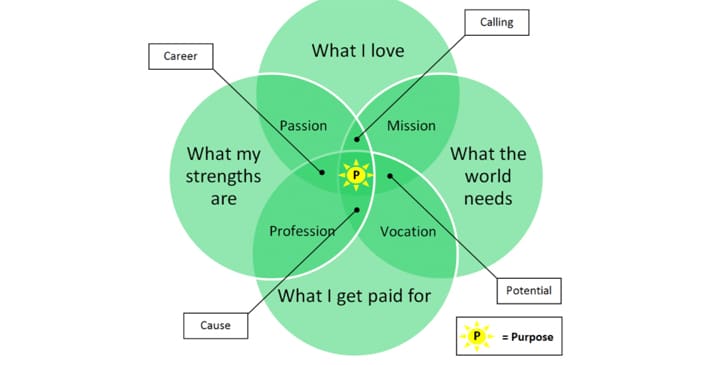
Ep.14- Don’t Be Afraid to Learn Small with Chad Flemming
Chad Flemming’s bio
Dr. Fleming is a private practice optometrist and business owner in Wichita,KS.¹ He is responsible for the clinical care and running of the business, including, but not limited to clinical practice, staff management, business IT manager, website developer and maintainer, and equal partner.
Along with private group practice, Dr. Fleming works as an optometry mediator with owners of optometry practices in negotiating contracts. He also assists optometrists in the buying and selling of optometry practices, coaches ODs through the transition process from associate to partner, and speaks on topics of practice transitioning, staff management, online technology and business strategies for practice growth.
Chad has always considered himself an entrepreneur. Even before he graduated, he was experimenting with real estate and investing. In addition to his optometry practice, he finds all sorts of ways to engage himself in business and entrepreneurship.
Learn With a Little
Learnings don’t have to be big scale in order to be of tremendous value. Taking out a small loan, investing a bit of your own money, and seeing those investments like you might see tuition payments will be a good part of your education.
Reframing your investments allows you to fail freely. But, Chad argues, only if you have your fundamentals covered. His personal philosophy is to make sure family and other obligations are taken care of before pursuing this type of education and investment. And he’s not wrong. The stress that will potentially be avoided will lead to greater ability to succeed.
So, don’t be afraid to take your first steps toward investing, toward real estate, toward entrepreneurship. Chad’s advice is to not allow this to cause anything else in your life to collapse. Set boundaries, have crucial conversations, reach out to partners and advisors, and start your self education.

Executive Coaching
Many guests on the show have talked about the importance of professional coaching. Chad recommends coaching because, as much as you’d go to an optometrist when you have an eye issue, you should likewise consider going to an executive coach when you have business or professional issues.
Consider the graph below. There are many versions of this on the web. This one is our favorite. It’s a great tool for helping you understand what you’re doing, what you want to do, what you love, whether there’s demand, and how to prioritize things. Even giving names to certain aspects of your life provides a bit of freedom; freedom that then allows you to pivot when necessary.
When it comes to being an entrepreneur, this evaluation system will truly help you better understand what you’re doing, why you’re doing it, and check to see what initial success you may experience.

Quitting, Saying No, and Necessary Endings
Chad highly recommends reading Necessary Endings² by Henry Cloud. The book highlights something that might not come naturally for many people, especially entrepreneurs. And that’s the idea of knowing when to say goodbye to someone or when to take something off your plate. You may want to ask yourself on occasion:
What should I NOT be doing in order to accomplish what I want to accomplish?
Because time is a finite resource, you have to be extremely intentional with how you spend it and what you devote it to. By spreading yourself too thin, you risk being able to get into a state of flow and truly become an expert. By spreading yourself too thin, you risk feeling dissatisfied with everything you throw yourself at. By spreading yourself too thin, you risk not making progress in a timely manner.
So, what do you need to delegate? Is it something at home or at work?
What do you want to focus on?
What gives you energy?
Where do you need to build your strengths?
3 Takeaways
- Don’t be afraid to fail. This also means you have to take the risks that will lead to failure. Journaling to help you review those mistakes and run through an analysis so you can maximize your learning.
- Don’t be afraid of the cost of education. Whether it’s formal, informal, self-driven, doesn’t matter. All education requires some sort of monetary investment. And don’t be afraid of that.
- Learn small. Start a business today. Doesn’t matter. But start so you can get exposed to the basics of running a business.
How to connect
Website: optometryceo.com